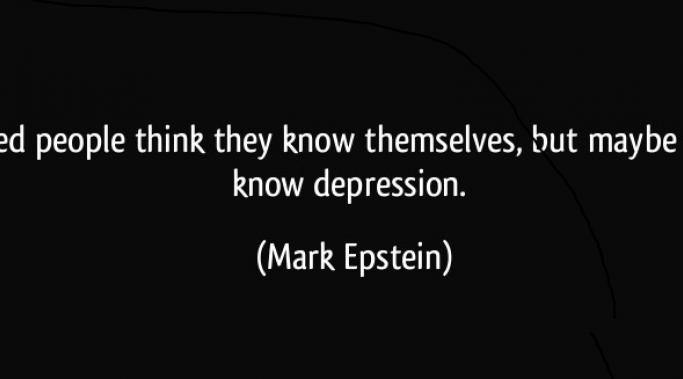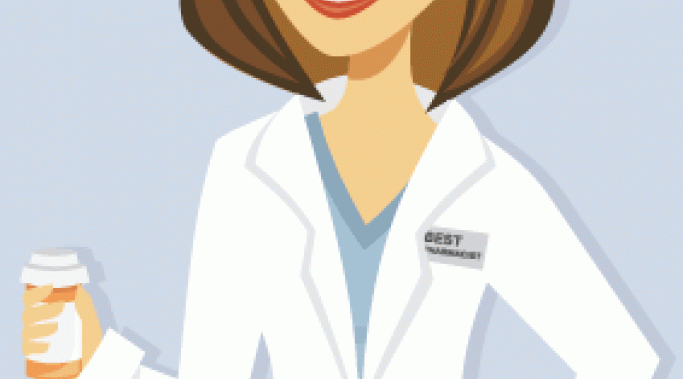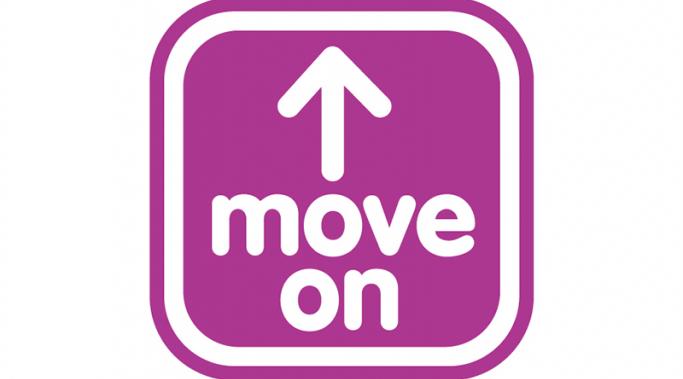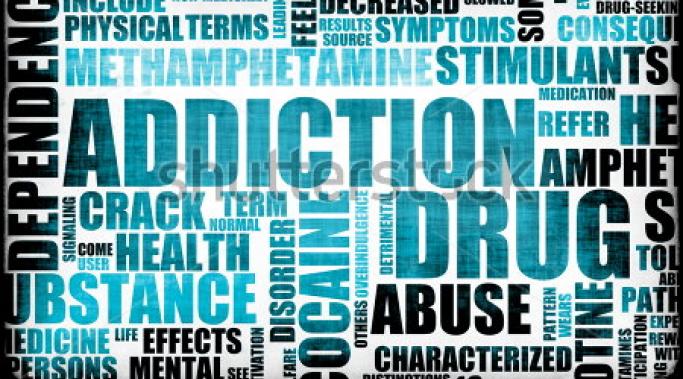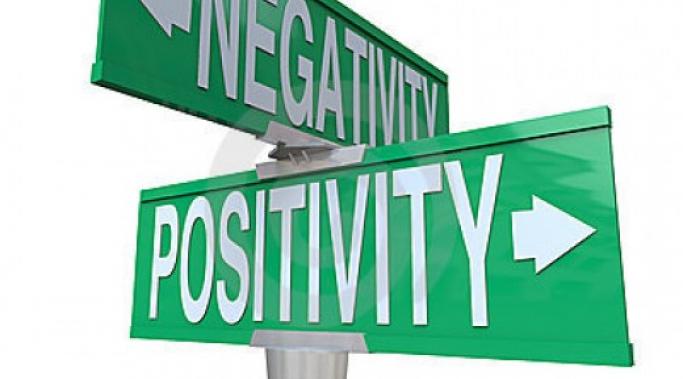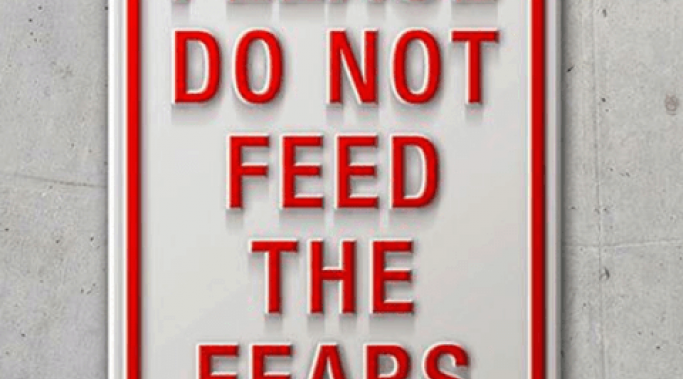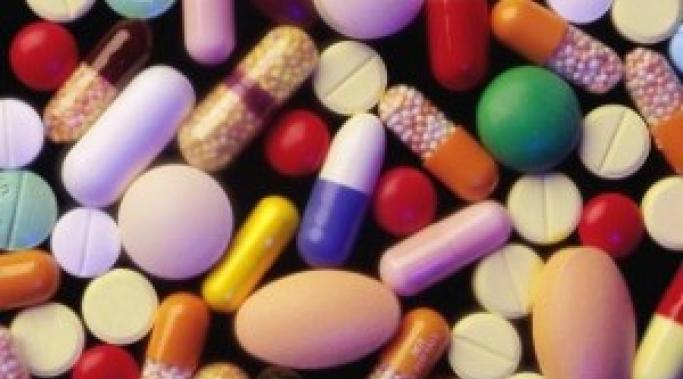We know that adjectives are descriptive. We welcome adjectives and what they have the power to do: paint a mental picture, create an emotional response, fill in the blanks when an explanation is needed and so much more. What about when a normally positive adjective is used to describe us? When can an adjective intended to be a positive become a negative and a label instead? Allow me to explain:
Recovery Issues
In this age of awareness and enlightenment, mental health awareness still generates a great deal of ignorance. Sometimes, even well-meaning statements perpetuate stigma, even on sites that seek to eradicate said stigma. Recently, the poster below came across my news feed from several mental health and depression pages. The depression quote is attributed to Mark Epstein, an American psychologist. While Mr. Epstein's credentials seemingly qualify him to speak knowledgeably on the subject, I do strenuously disagree with this quote's assertion.
If there is one thing I can count on in my life it's October. Yes, it's obvious that October arrives each year, but when you live with a mental illness, months can represent moods. And that can be scary. That said, I want to focus this post on a conversation I had with a relative who lives with depression in the summer, and thrives in the winter.
When you are diagnosed with a mental illness, it can feel like your life is suddenly on display. You can feel sort of like an exhibit at a museum - one your family and friends and psychiatrist want to tend to. It's not easy getting used to this, but what about when you encounter people, situations, on your road to recovery that make you feel exposed?
So, you've been diagnosed with a mental illness. Now what? You have--perhaps without much grace but with much persistence--come out on the other side. Life is, presumably, better than it was before the diagnosis. But it isn't easy and you are still trying to figure the whole thing out: medications, your new mental health care team, and the future. On the understanding that we have a future outside of mental illness, and it's important to get on with life, to the best of our abilities.
I would bet my prized record collection that if you live with a mental illness you have heard those words. Probably more than once. Probably more times than you care to recall. But stick with me on this one and keep reading. . .
Initially, the title of this blog was "A Recipe For Disaster..." But I used to really (stress this) enjoy a few cocktails. Or an entire bottle of cocktail mix. And that nearly killed me.
That aside, in this blog I want to focus on why those living with mental illness may abuse substances, what some of these substances are, and the impact this can have when we are working to recover from mental illness.
Why Might People With Mental Illness Abuse Substances?
Let's do the math: mental illness = positivity. Right? Well, usually not, but it works in our favor to try to find positive aspects when recovering from mental illness. I'm going to break this down into the three stages of recovery we all go through.
The title of this blog implies that I will be focusing on people in our lives who--for the most part--do not live with a mental illness. These people like to give us advice on what medications we need to take or tell us we don't need to take medication at all. It's confusing and, frankly, a real piss off.
I remember the first time I was told I had bipolar disorder. I was twelve years old and confused. I was further baffled when my psychiatrist told me I would need to start taking psychiatric medication. I asked her what kind. I was certain that one pill--similar to the vitamins ground in my cereal each morning when I refused to swallow them--would be the same. I was told, in no uncertain terms, that it would be wonderful (!) if the first bipolar medication worked. Of course, it did not, and it does not for most of us.

